What is the best sport to take up at 60?
The best sport to take up at 60 is swimming. It provides a low-impact, full-body workout that’s gentle on the joints, making it ideal for older adults. Swimming improves cardiovascular health, builds muscle strength, and enhances flexibility without the risk of injury associated with higher-impact activities. Additionally, swimming can be done at your own pace, whether you prefer leisurely laps or more vigorous exercises. Many communities offer senior-friendly swim classes, making it easy to get started in a supportive environment. Overall, swimming is a safe, enjoyable, and highly beneficial sport for those entering their 60s.
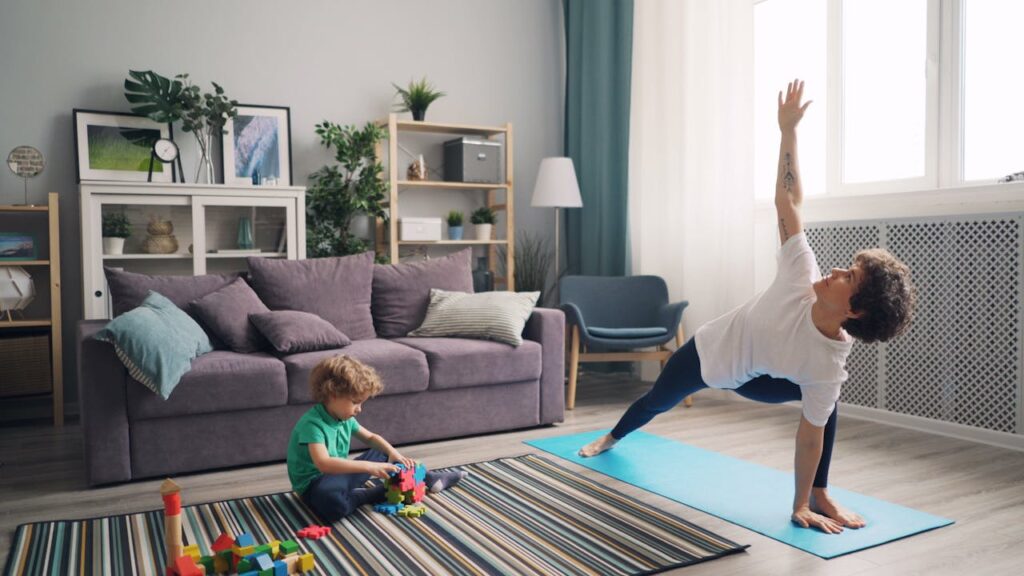
Staying active is crucial at any age, but it becomes even more important as we grow older. Engaging in regular physical activity can help seniors maintain mobility, enhance mental well-being, and reduce the risk of chronic diseases. However, not all sports are suitable for older adults, who may need to consider factors like joint health, balance, and overall fitness levels. Fortunately, many sports are particularly well-suited for seniors, offering a balance of physical activity, mental stimulation, and social interaction. Here are some of the best sports for seniors.
1. Walking
While walking might not be considered a “sport” in the traditional sense, it is one of the most accessible and beneficial forms of exercise for seniors. Walking is low-impact, easy on the joints, and requires no special equipment other than a good pair of walking shoes. It’s also highly adaptable; you can walk at your own pace, whether it’s a leisurely stroll through the park or a brisk walk around the neighborhood. Walking helps improve cardiovascular health, supports weight management, and is an excellent way to maintain mobility and independence as we age. Many seniors find that walking with friends or joining a walking group adds a social element to this healthy habit.
2. Swimming
Swimming is often recommended for seniors because it provides a full-body workout without putting stress on the joints. The buoyancy of water reduces the impact on knees, hips, and other joints, making it an ideal option for those with arthritis or other joint issues. Swimming improves cardiovascular health, builds strength, enhances flexibility, and can even boost mental well-being. Many local pools offer swim classes or water aerobics specifically designed for seniors, providing a supportive environment to stay active.
3. Golf
Golf is a popular sport among seniors for several reasons. It’s a low-impact activity that doesn’t require intense physical exertion, but it still provides plenty of exercise, particularly when walking the course. Golf helps improve balance, coordination, and mental focus. It also offers a social aspect, as the game is often played in groups, making it a great way to stay connected with others. Additionally, spending time outdoors on a beautiful golf course can be relaxing and enjoyable, adding to the appeal of the sport for seniors.
4. Tennis and Pickleball
Tennis is a great sport for seniors who are looking to maintain agility, balance, and coordination. It offers a cardiovascular workout, strengthens muscles, and enhances reflexes. However, for those who find tennis too physically demanding, pickleball is an excellent alternative. Pickleball is a paddle sport that combines elements of tennis, badminton, and table tennis. It’s played on a smaller court, which means less running and a lower risk of injury. Pickleball has become increasingly popular among seniors due to its lower physical demands and the social aspect of the game. Many communities offer pickleball leagues and drop-in games specifically for seniors.
5. Bowling
Bowling is another sport that is particularly well-suited for seniors. It’s a low-impact activity that doesn’t require intense physical exertion, making it accessible to those with limited mobility or joint issues. Bowling helps improve hand-eye coordination, balance, and concentration. It’s also a highly social sport, often played in leagues or with groups of friends. The combination of physical activity, mental stimulation, and social interaction makes bowling a great option for seniors looking to stay active and engaged.
6. Cycling
Cycling is an excellent low-impact sport that can be enjoyed at any age. For seniors, cycling offers the benefits of cardiovascular exercise, leg strength, and improved joint mobility, all without the jarring impact that can come from running or other high-impact activities. Whether riding a traditional bicycle or using a stationary bike, seniors can adjust the intensity of their workout to match their fitness level. Many communities have cycling groups that welcome seniors, providing a social aspect to the activity. Electric bikes, which provide assistance on hills or longer rides, have also become popular among older adults, making cycling more accessible to those with varying levels of fitness.
7. Yoga and Tai Chi
Yoga and Tai Chi are excellent choices for seniors who want to focus on flexibility, balance, and mindfulness. Both practices emphasize gentle movements, deep breathing, and mental relaxation, making them ideal for seniors looking to improve their physical and mental health. Yoga helps enhance flexibility, strength, and balance, which are crucial for maintaining independence and preventing falls. Tai Chi, often described as “meditation in motion,” is particularly effective for improving balance and coordination. Both activities can be practiced at any fitness level, with many classes specifically tailored to seniors.
How can physical activity improve mental health?
Physical activity plays a crucial role in improving mental health for seniors, offering a range of psychological benefits that enhance overall well-being. Regular exercise helps reduce symptoms of anxiety and depression by promoting the release of endorphins, the body’s natural mood elevators. These “feel-good” hormones can create a sense of happiness and relaxation, helping to combat feelings of stress or sadness that may arise in later life.
Physical activity also improves cognitive function, which is vital as we age. Engaging in regular exercise, such as walking, swimming, or even yoga, can enhance memory, attention, and problem-solving skills. This is partly due to increased blood flow to the brain, which supports neural health and can help delay the onset of cognitive decline and conditions like dementia.
Additionally, participating in group activities like fitness classes or team sports fosters social interaction, which is key to maintaining mental health. Social connections reduce feelings of loneliness and isolation, common challenges among seniors. The camaraderie and support found in these environments provide emotional benefits, boosting self-esteem and contributing to a positive outlook on life.
Conclusion
Staying active is essential for seniors to maintain physical health, mental well-being, and social connections. The sports and activities mentioned above-walking, swimming, golf, tennis, pickleball, bowling, cycling, yoga, and Tai Chi-are all excellent options for older adults. They offer a combination of physical benefits, mental stimulation, and social interaction, helping seniors lead healthier, more fulfilling lives. The key is to choose activities that are enjoyable, safe, and suited to your individual fitness level, ensuring that you can continue to stay active well into your golden years.
Related Articles
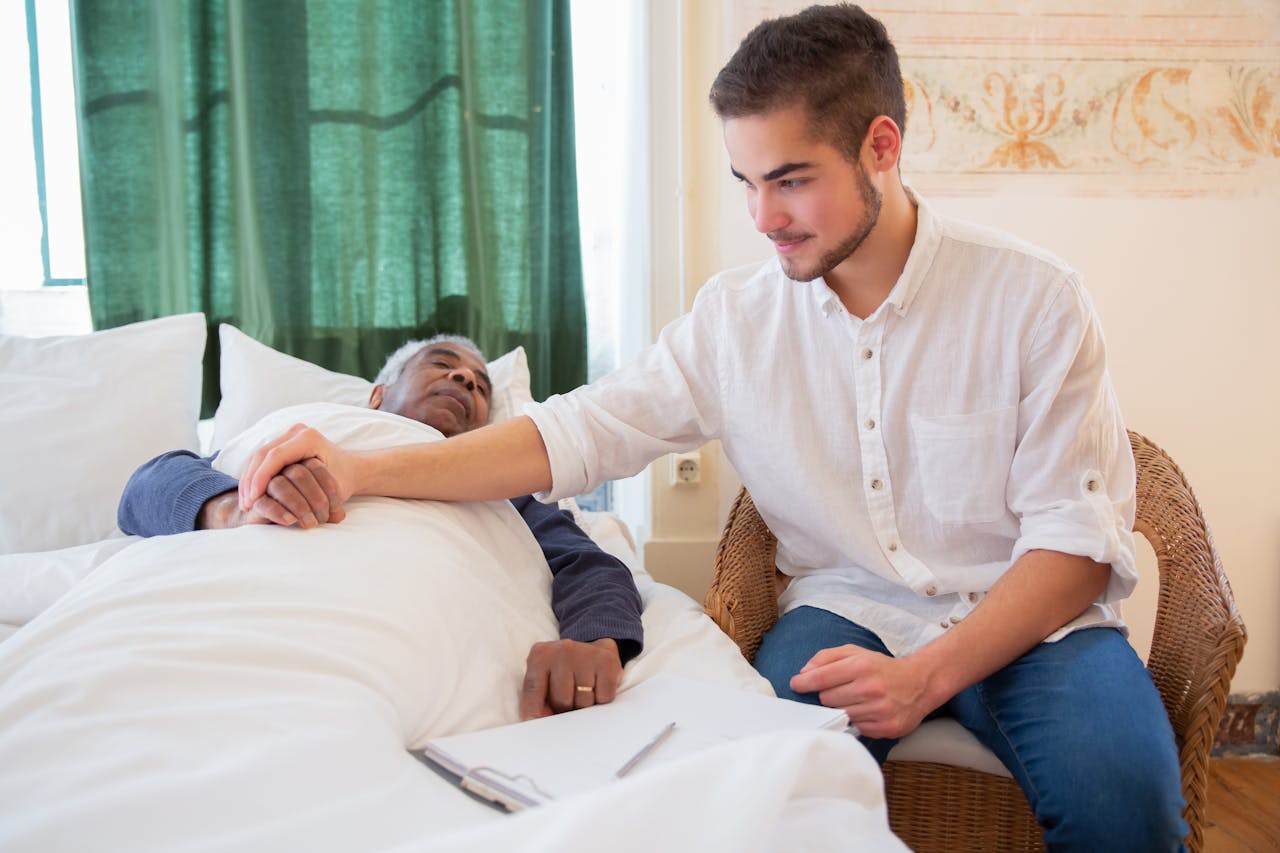
What is Palliative Care?
Palliative care is a specialized medical care approach focused on providing relief from the symptoms and stress of a serious illness.
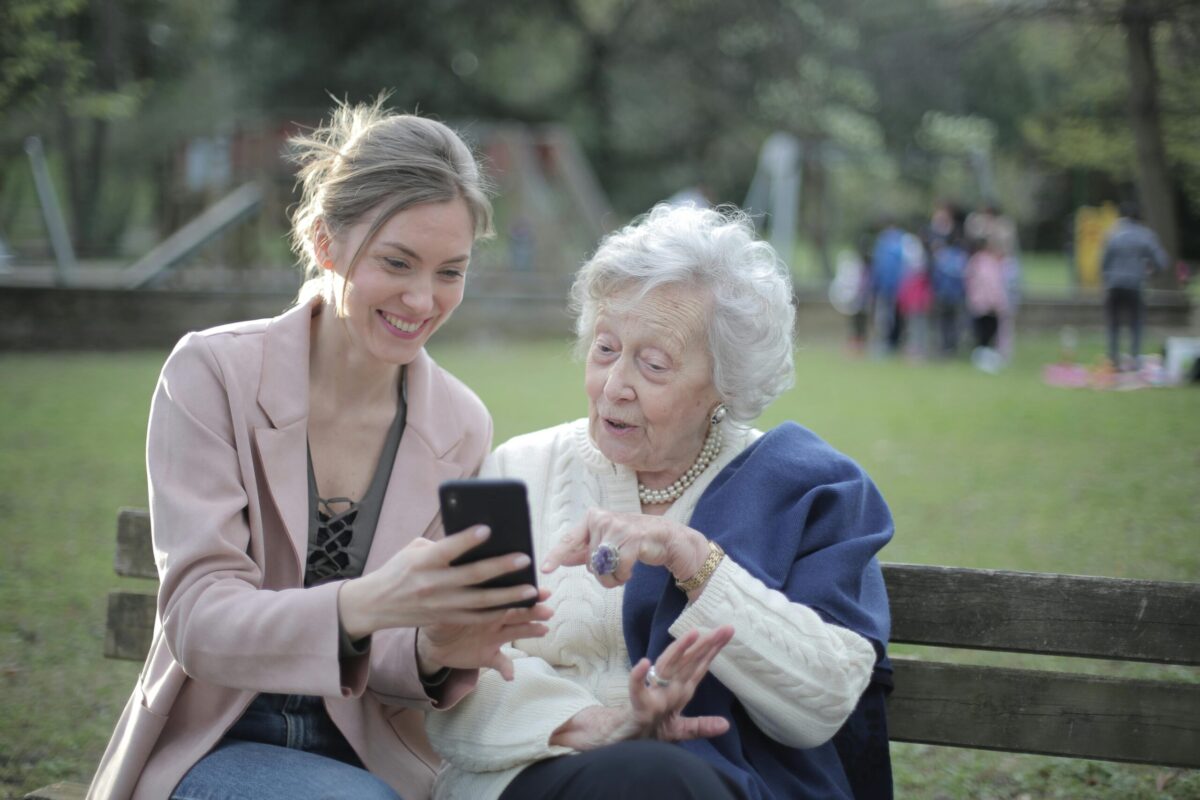
Understanding Assisted Living
Assisted living provides older adults with a residential option that combines housing, personal care, and health services.
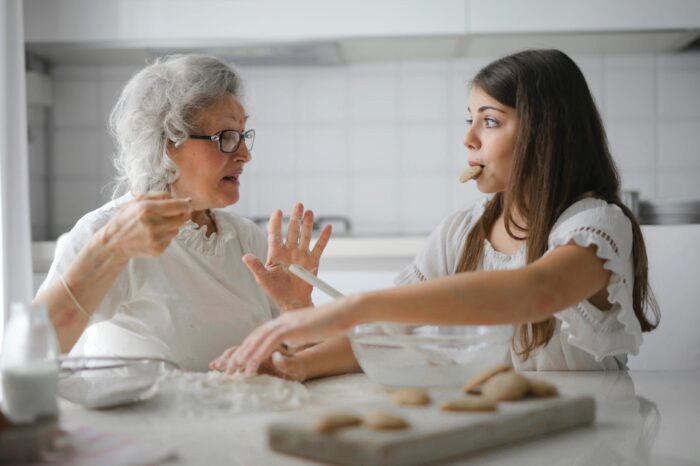
Introduction to Nursing Homes
Assisted living offers daily support and independence; nursing homes provide 24/7 medical care;
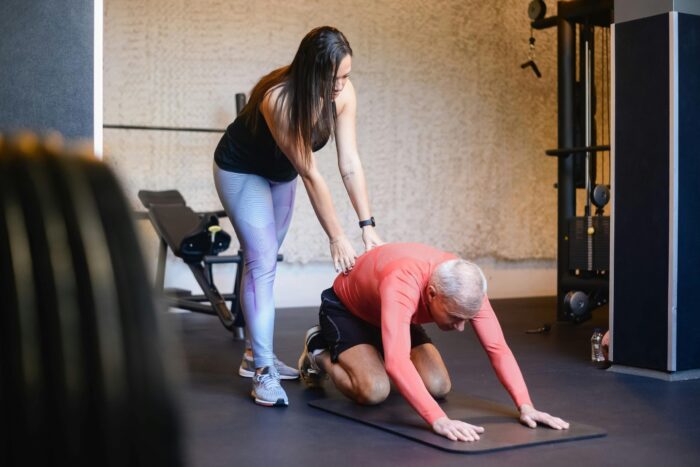
Benefits of Yoga for Seniors
Discover how yoga can enhance flexibility, balance, and mental well-being

Understanding and Choosing a Power of Attorney
What Is The Best Choice For A Power Of Attorney? The best choice for a power of attorney (POA) depends on your specific needs

Medicaid Planning and Asset Protection
How A Medicaid Trust Protects Your Assets A Medicaid Trust, specifically a Medicaid Asset Protection Trust (MAPT), safeguards your assets by transferring ownership

Navigating Probate: What Seniors Need to Know
Here’s What You Need To Know To Get Started Navigating probate involves understanding its steps: filing a petition, notifying beneficiaries and creditors, inventorying and appraising
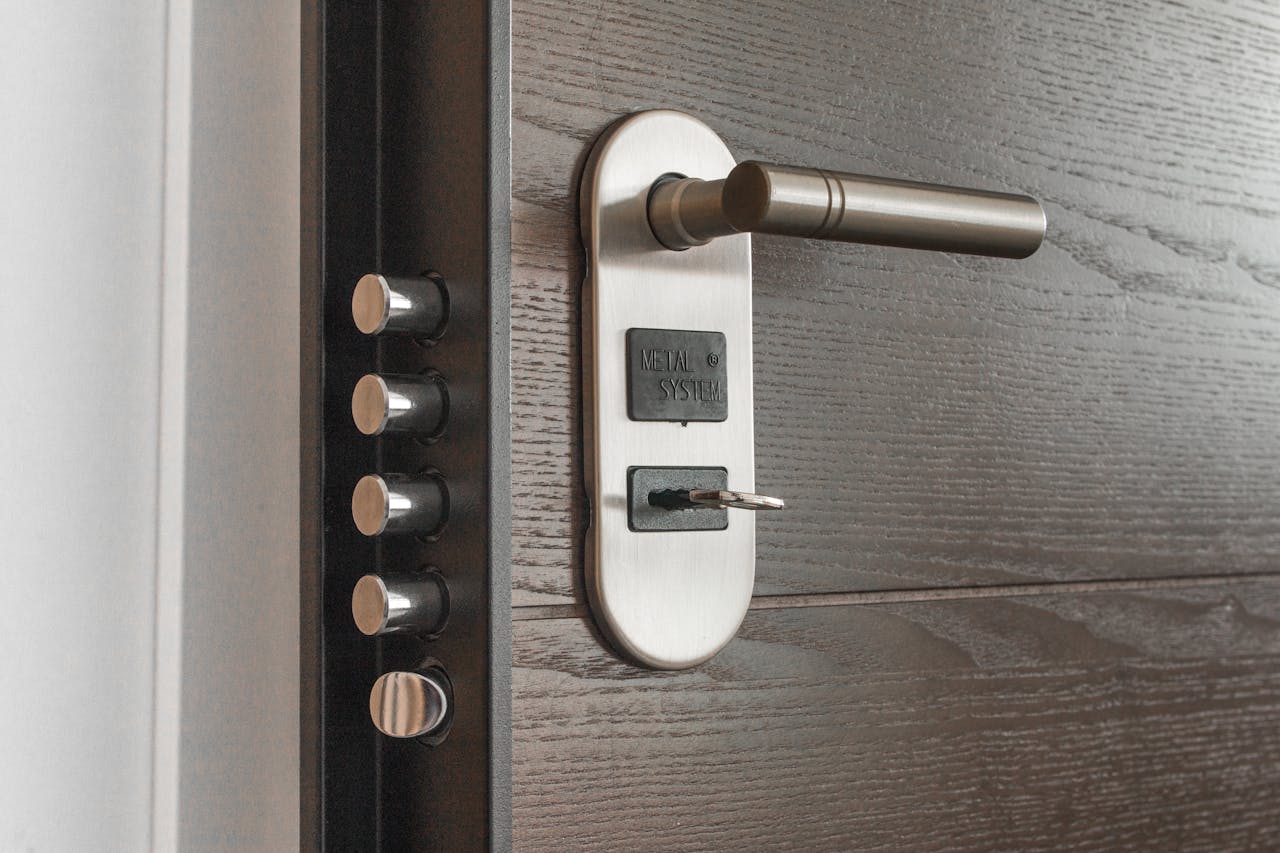
Home Safety for Seniors
How can I make my house safer for the elderly? To make your house safer for the elderly, focus on eliminating hazards and improving accessibility.





